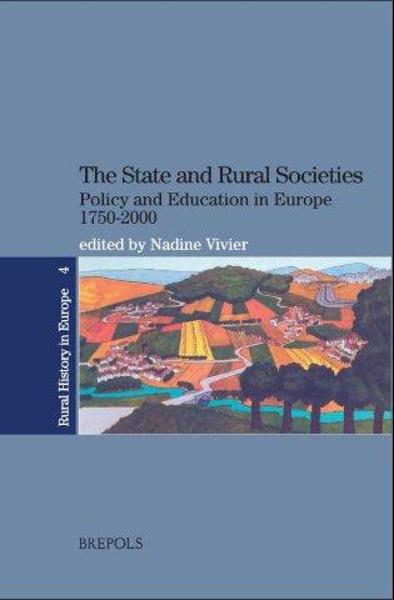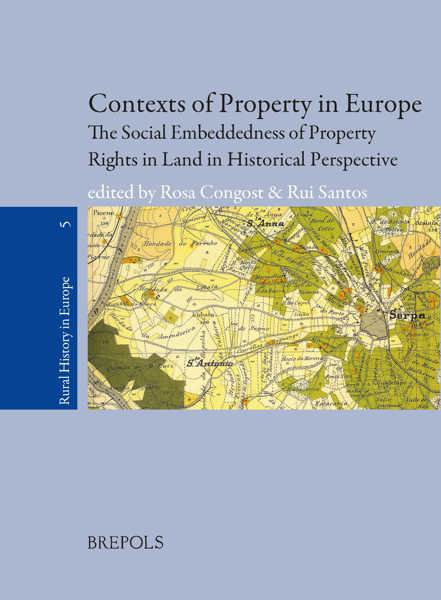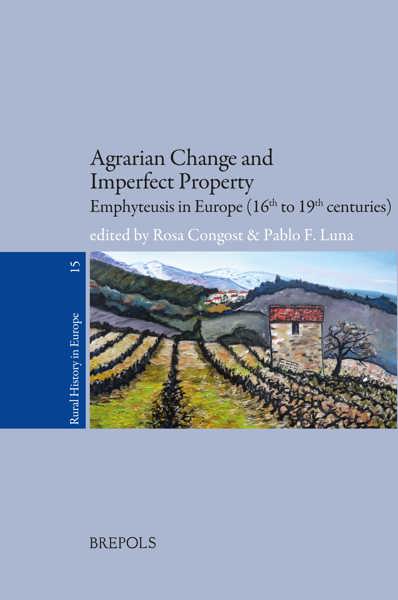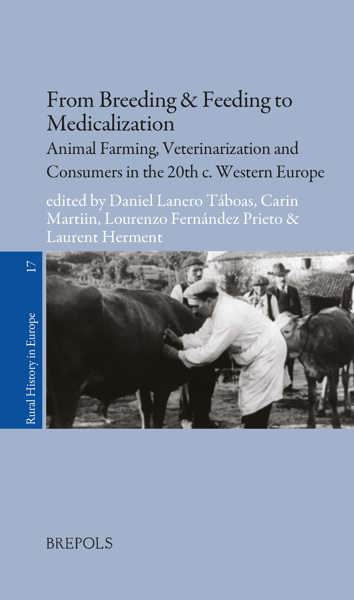
Agriculture in the Age of Fascism
Authoritarian Technocracy and rural modernization, 1922-1945
Lourenzo Fernández Prieto, Juan Pan-Montojo, Miguel Cabo (eds)
- Pages: 261 p.
- Size:156 x 234 mm
- Language(s):English
- Publication Year:2014
- € 75,00 EXCL. VAT RETAIL PRICE
- ISBN: 978-2-503-55248-4
- Paperback
- Available
- € 75,00 EXCL. VAT RETAIL PRICE
- ISBN: 978-2-503-55934-6
- E-book
- Available
"We are dealing with an interesting book, useful not only for a better understanding of the agricultural policies of the interwar period but also for a deep knowledge of fascist ideology itself." (Iñaki Iriarte-Goñi, on http://eh.net/book_reviews/agriculture-in-the-age-of-fascism-authoritarian-technocracy-and-rural-modernization-1922-1945/)
« Notons enfin que ce livre, (…) permet d’appréhender la diversité des situations nationales européennes touchant aux questions rurales et aident à construire des réflexions comparatives qui ne se limitent pas à quelques cas érigés parfois trop vite en modèles.» (Alain Chatriot, dans Revue d’histoire moderne et contemporaine, 63-4, 2016, p. 244)
Lourenzo Fernández Prieto is Professor of Modern History at the University of Santiago de Compostela (Galicia, Spain). His fields of interest include agrarian history, particularly agricultural technology, the Spanish Civil War and Francoist dictatorship.
Juan Pan-Montojo teaches Modern History at the Universidad Autónoma de Madrid. His research interests cover social movements in the European countryside, agrarian policies in nineteenth and twentieth-century Spain, economic lobbies and agricultural technicians.
Miguel Cabo is Associate Professor of Modern History at the University of Santiago de Compostela (Galicia, Spain). His main publications deal with collective action in the countryside, politicization and nation-building in nineteenth and twentieth-century Spain.
The agrarian policies of fascism have never before been studied from a comparative perspective. This volume offers an up-to-date overview, as well as new insights drawn from eight case-studies on Italy, Portugal, Hungary, Germany, Austria, Spain, Japan and Vichy France. The consensus that emerges from them is that the agricultural and rural policies of fascist regimes tended towards modernization and that many of them resembled initiatives pursued in the post-war decades and the Green Revolution, When viewed in this perspective, the fascist era appears less as an aberration and more as an integral part in the global process of agrarian “modernization”, a process whose merits are now being called into question.




